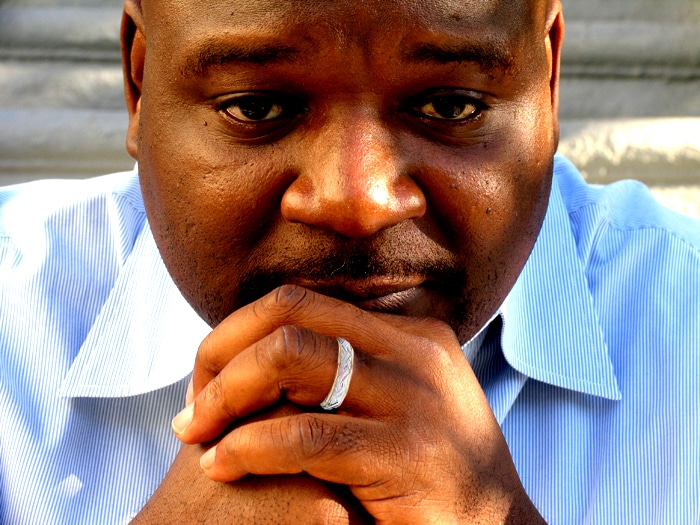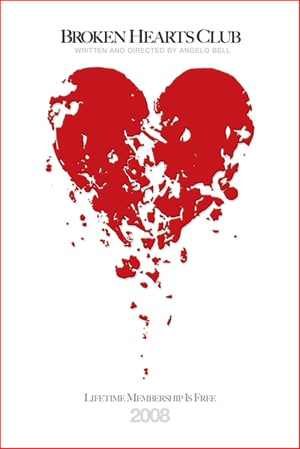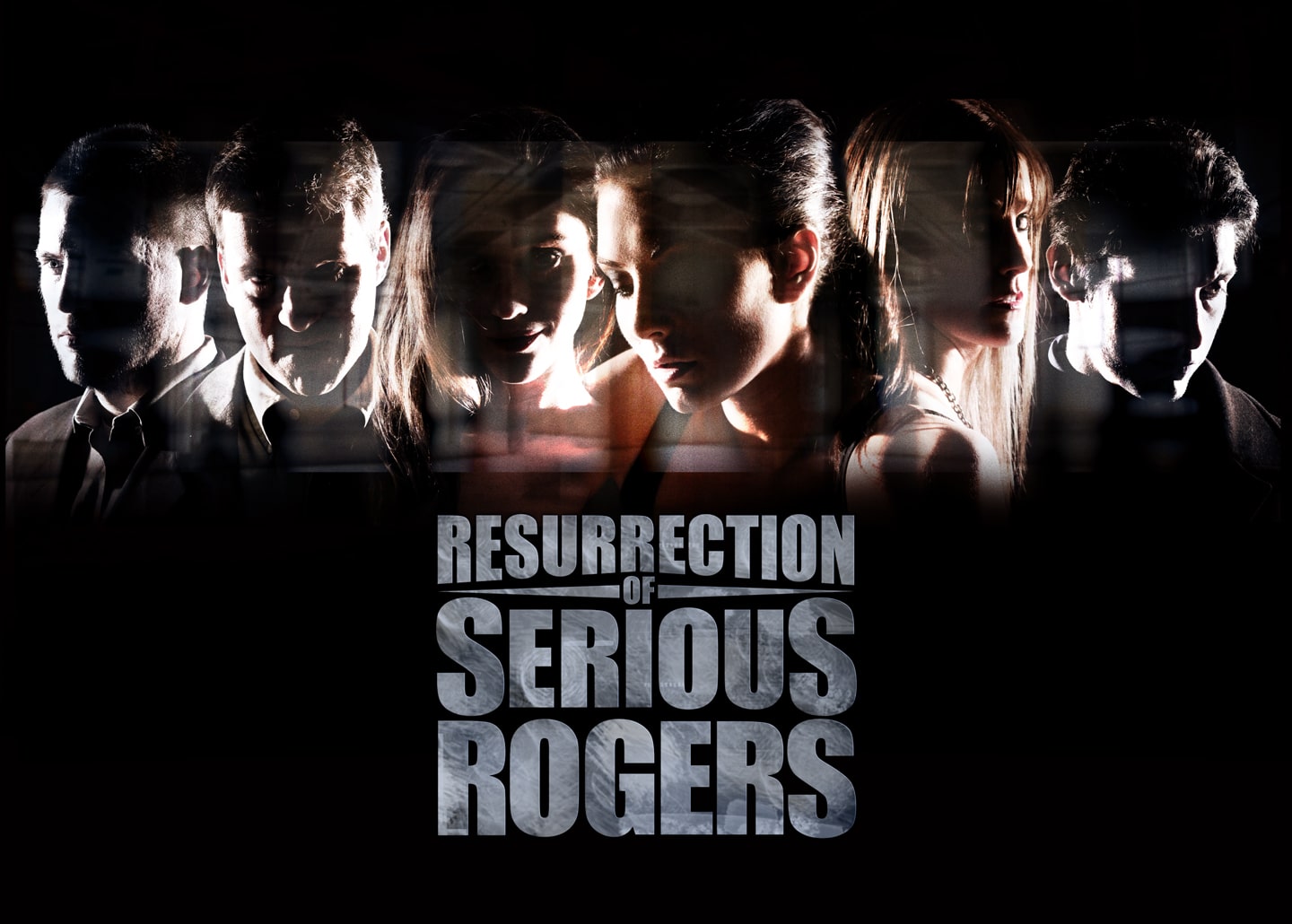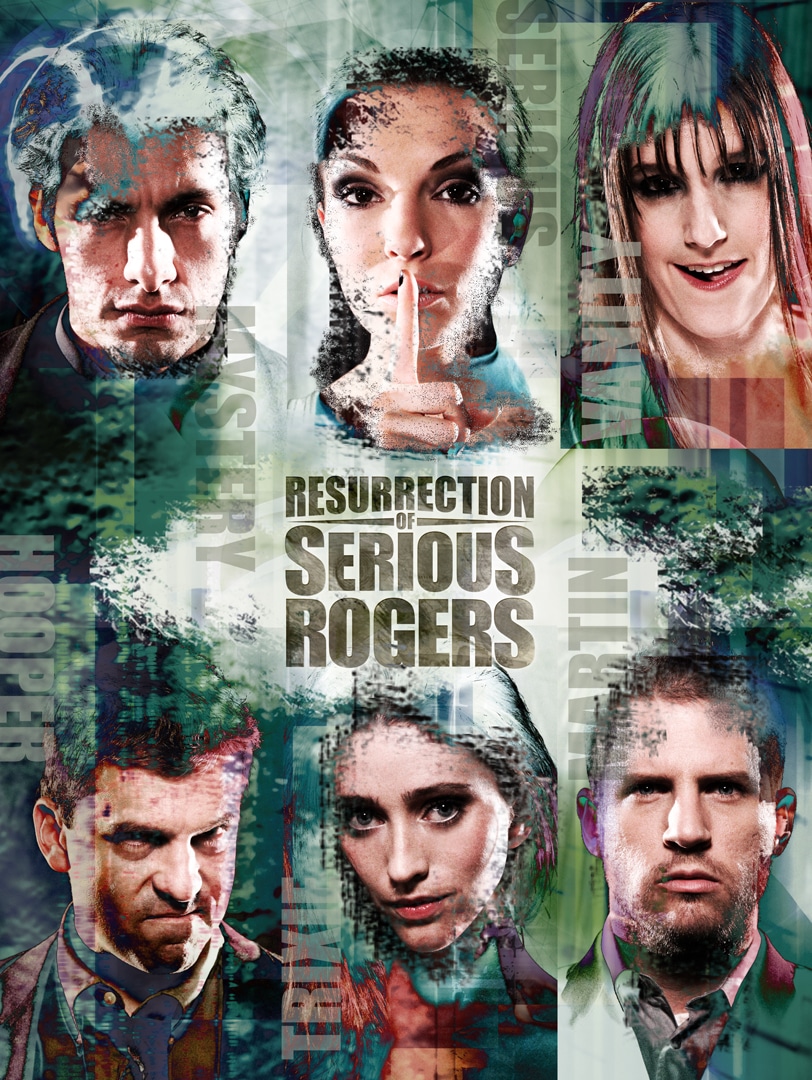
Writer, Producer, Director Angelo Bell is a hands-on kind of guy
We Love Hands-On People
If you’ve been around this blog, you know that we can’t say it enough: if you want to break in to Hollywood, go make some stuff.
Even if you finish a film you never show anyone, you’ll be leaps and bounds ahead of all those “wannabes” who never “get to be.”
Guys like David Baker (who we did a series of posts on here) know that creating your own opportunities leads to career success.
Meet Angelo Bell
Angelo’s one of those guys who’s taking his career into his own hands. Rather than sit back and whine that Hollywood wasn’t banging down his door, he charged ahead and made his own opportunities.
You made the leap to filmmaking (as opposed to just screenwriting) with “Get Spielberg.” Why? How did you start down your path as a “hands-on producer?”
I started as a hands-on producer in 2002 after several of my screenplays placed high in different screenwriting contests but no agents came-a-calling! LOL.
Most importantly, the only way to grow as writer/director/producer is to challenge yourself.
I was certainly frustrated and my disappointment led me to Robert Rodriguez’s book, “Rebel Without A Crew.” The book convinced me to take action instead of sitting at home sulking. I decided to make a movie, and like many films from first time filmmakers my film was about the challenges of breaking into Hollywood.
Up until that time my focus had always been screenwriting so I knew absolutely nothing about making a film. I bought a camera and spent a year learning all I could about camera angles, three-point lighting, contracts, breakdowns, sides, scheduling auditions, you name it.
On the first day of shooting I knew I was in over my head when a simple 30-second sequence took 4 hours to shoot. It was the most stressful time ever. At one point I had 25 extras crammed into my cozy two-bedroom condo. I distinctly remember two incidents when I wanted to tell everyone to get the hell out of my home! In the end I had an 18-minute short film called “Get Spielberg” and I was hooked. But it was definitely baptism by fire.
How has producing your own work (as opposed to just writing screenplays) shaped your career? Has it opened any doors? Has it made it easier to get your screenplays read? Or to get meetings?
Writing your own work has been a double-edged sword for me. I’ve directed everything I’ve written so I’ve been writing for “me,” not a reader. That’s not necessarily helpful when you want to get an agent or submit a film to a production company.
Social media is effective in that it provides additional exposure, but it’s only a small piece of a larger pie.
On the flip-side, because I write my own scripts I’ve been able to produce a lot of films to get my feet wet. I’m happy because I’ve written action, dramas, political satires, comedies, romantic comedies etc so the experience is invaluable. Producing my own work hasn’t helped get my screenplays read, however, it has made it easy to have my films reviewed. Of the meetings I’ve had the thing that made the difference was the personal connections and introductions.
You’ve got a lot of followers on Twitter. How has social media helped you shape your career? What other social media strategies are you using?
Social media is a tough play to call. Sometimes you think no one is listening and then someone will come out of nowhere and say they’ve been following you, reading your tweets, and that you inspire them. I’ve learned to just be me.
When I made my first film it was difficult to get information from filmmakers so I took the opposite direction and shared everything I learned on my blog. Now everyone does this.
Social media is effective in that it provides additional exposure, but it’s only a small piece of a larger pie. Fans will find you over time if you have a presence on the Internet, blog, respond to blog posts etc. I track my visitor stats and I get more international visits on my blog (www.AngeloBell.com).
On the other hand, I’ve connected with some great folks on Twitter whose work I admire and who’ve been amazingly helpful to me. As far as strategy: I post updates about what I’m working on or information I’ve found. I also have several pages on Facebook for three of my films. I realize that from an audience building perspective it’s important to be “accessible” but to me it’s more important to be approachable.

Broken Hearts Club was my third feature overall but I consider it my first legitimate feature film that was done properly. Making Broken Hearts Club was different from making any of my shorts because I delegated a lot of the responsibilities. On Get Spielberg I had a crew of about 5. On Broken Hearts Club I had a crew of about 25, not including the actors. On a feature film you must be resilient, thick-skinned, and able to think fast on your feet. People skills are a must. You can get away with having a loudmouth or knucklehead on set for two days. But 18 days? No way.
I was very hands on with “Broken Hearts Club,” so much so that my DP (who’s a good friend) stopped me a few times so our PA’s could move furniture, dress the set, swap out a light. I get a kick out of just being on set so I want to do anything and everything. In the end though, as director I have to take off all the other hats and focus on getting the performances I need from my actors.
If there is one thing I learned from making Broken Hearts Club it’s this: whatever your budget is, with the right preparation you can probably cut by 30%. With improper preparation you’d better add 30% to the budget. I also realized that the director and producer set the tone on the set. If the director is loud and obnoxious the set will be loud and obnoxious. I’m pretty even-keeled when I’m working and my crew usually picks up on that and follows suit.

Let’s talk “Resurrection of Serious Rogers.” Big shift from Broken Hearts Club? What made you choose that film at that point in your career? How was it different from your previous films? Did you learn anything new making this film as opposed to your previous work?
I started Resurrection of Serious Rogers because I had been busy for 2 years marketing Broken Hearts Club and I missed being on set. At first it was going to be a web series and the goal was to shoot the entire season at once, like a feature film. When it was done we realized we had something more than a web series.
Also, my mentor told me, “Don’t make your first film unless you commit to making your third film.” That is, if you want real exposure, real fans and if you really want to make a dent it takes three films. Since I considered Broken Hearts Club my first ‘legitimate” feature I needed two more films and Resurrection of Serious Rogers fit the bill.
Coincidentally, at the time, I’d formed a new respect for what we consider B-movies. I’m not one of those people who have a problem suspending disbelief while watching a film. In fact I hate it when I’m watching a movie and someone says, “You know that didn’t really happen!” It’s like, No shit. It’s a friggin mooo-vie!
I’d never made a genre film before and I wanted to experiment. Micro-budget filmmaking is a cost-effective way to test the waters. I decided on making a neo-noir action thriller quite frankly because it has a very specific selling point. If you type in “neo noir action thriller” in Google search, Resurrection of Serious Rogers comes up just ahead of Brick — which is a fine film, by the way.
Most importantly, the only way to grow as writer/director/producer is to challenge yourself. I don’t want to be one of those guys who make the same type of film over and over again. Making a film should be one part terror and one part excitement. If it’s not, I doubt you’ll grow from the experience.

Resurrection of Serious Rogers also reconnected me with my dream. I make films because I enjoy writing and directing, but I also like to think big. Shoot for the stars so even when you fall short you land on the moon. With the exposure from Broken Hearts Club and the marketing efforts surrounding Resurrection of Serious Rogers I’ve made significant inroads into the Hollywood conundrum. I’ve gotten offers for Resurrection of Serious Rogers based on the trailer alone. A lot of hard work and marketing outside of the indie mainstream helped Broken Hearts Club secure a place on NBC NonStop in five top ten markets. This validates my mentor’s philosophy, “Don’t make your first film unless you’re committed to making your third.” My third film is on the way [crosses fingers]
It’s refreshing to hear someone admit they like “popcorn movies” (as you do on your site.) We LOVE them. Why do you think “popcorn movies” are looked down on by many indie filmmakers? Are they wrong?
I love popcorn movies! I love the escape, the fantasy the emotion. Indie filmmakers who look down on popcorn movies are missing out on the sheer entertainment of going to the movies! I don’t go into a Michael Bay movie expecting to see Oscar-worthy performances. I go to see gigantic robots blow shit up! Not every film needs to be about moral lessons. I can only take so many films that position themselves as a commentary on society. I like the feeling of going to the movies to experience new worlds so I can forget about this one for a moment. The numbers don’t lie. There’s a reason why big blockbuster films are rarely about more than guns, explosions and sex.
What are you working on next?
I’m sticking to my theme making films that are bigger and more ambitious than my previous film. My next project is an epic fantasy martial arts love story called Legend of Black Lotus and it spins the legend of Mulan on its ear then adds a little Crouching tiger Hidden Dragon. It’s about a Chinese empress who gives birth to a dark-skinned [i.e. black] daughter who must overcome prejudice, slavery and her own internal doubts in order to unite a divided empire. It’s a period piece that takes place in Ancient China. In fact the goal is to shoot the film in China or in Hong Kong.
Indie filmmakers who look down on popcorn movies are missing out on the sheer entertainment of going to the movies!
I’m in the middle of fundraising in order to make a short film version of the concept. I have the project listed on Kickstarter along with several cast and concept videos. I have less than two weeks to raise the rest of the funds so everyone’s support is greatly appreciated.
I also have two scripts on deck. One is a sci-fi cop thriller, the other is sci-fi action. Lastly, if Broken Hearts Club II gets a green light I’ll be heading to Bermuda to shoot it next year. [crosses fingers and toes]
Thanks, Angelo
Great insights from a guy out there making his career happen. We’ll be talking with more filmmakers in the coming months, so be sure to follow us on Twitter, swing by our Facebook Page, or Subscribe via RSS to keep up with the fun.